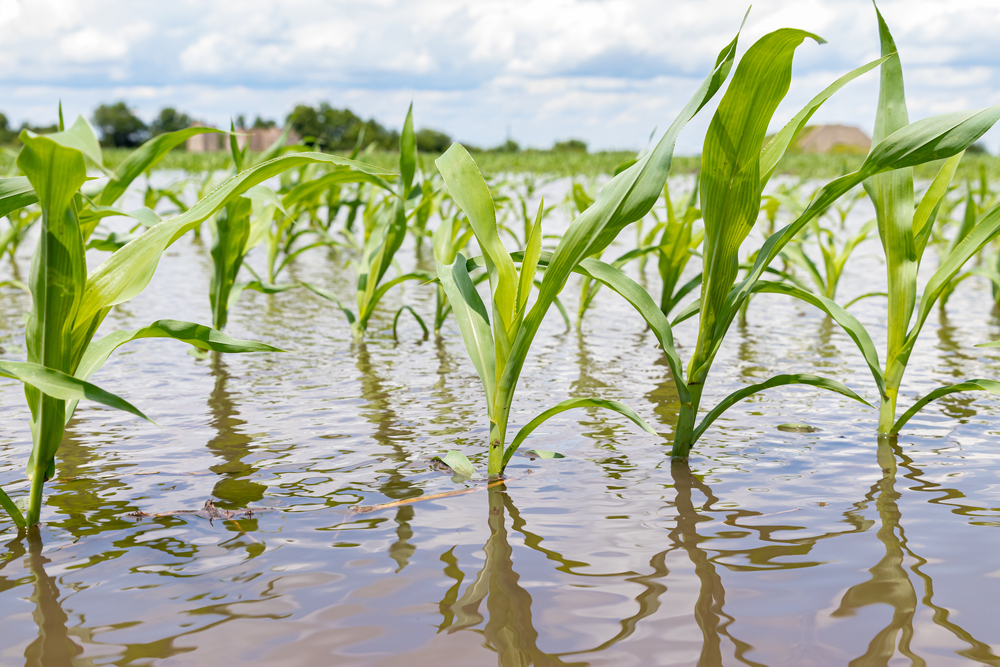Crop farming in Nigeria is a vital part of the economy, providing food and livelihood for millions of people. However, farmers often face challenges due to unpredictable weather patterns and climate change. Understanding common weather-related mistakes can help farmers avoid significant losses and improve their yields.
In this blog, we will explore these mistakes and provide strategies to avoid them.
1. Ignoring Seasonal Forecasts
Mistake:
Many farmers fail to pay attention to seasonal forecasts, leading to improper planning for planting and harvesting times. This can result in crops being planted too early or too late, affecting their growth and yield.
Solution:
Stay updated on seasonal weather forecasts through reliable sources like the Nigerian Meteorological Agency (NiMET). Use this information to plan your planting and harvesting schedules effectively. Consider using mobile apps or local weather stations to get timely updates.
2. Poor Soil and Water Management
Mistake:
Farmers often overlook the importance of soil health and water management. Weather changes can lead to either drought or flooding and without proper management, crops can suffer.
Solution:
Invest in soil testing to understand its composition and nutrient needs. Implement soil conservation techniques, such as cover cropping and mulching, to enhance moisture retention. Use irrigation systems during dry spells and establish proper drainage to prevent waterlogging during heavy rains.
3. Not Diversifying Crops
Mistake:
Some farmers focus solely on one type of crop, making them vulnerable to weather changes that could devastate their entire harvest.
Solution:
Diversify your crops to mitigate risks associated with weather variability. Consider planting drought-resistant varieties or crops that thrive in different climatic conditions. This strategy not only spreads risk but also enhances soil health and biodiversity.
4. Underestimating Pest and Disease Risks
Mistake:
Weather conditions can lead to pest and disease outbreaks, yet many farmers underestimate these risks and fail to implement preventive measures.
Solution:
Regularly monitor your crops for signs of pests and diseases, especially after significant weather events. Adopt integrated pest management (IPM) practices to control outbreaks. Educate yourself about the specific pests and diseases that are more likely to emerge in varying weather conditions.
5. Lack of Knowledge About Climate Change
Mistake:
Many farmers are unaware of how climate change affects weather patterns and their farming practices. This ignorance can lead to inappropriate strategies that fail to address current realities.
Solution:
Educate yourself about climate change and its potential impacts on agriculture. Attend workshops, training sessions, or join local farming groups to learn from experts and peers. This knowledge will enable you to adapt your practices to changing weather patterns.
6. Neglecting Insurance Options
Mistake:
Farmers often overlook the importance of crop insurance, leaving them vulnerable to losses due to extreme weather events such as droughts, floods, or storms.
Solution:
Explore crop insurance options available in Nigeria. This can provide financial protection against unexpected weather-related losses. Consult with insurance agents who specialize in agricultural policies to find the best coverage for your needs.
Conclusion
Weather-related mistakes can significantly impact crop farming in Nigeria, leading to reduced yields and financial losses. By staying informed, diversifying crops, managing soil and water effectively, and adopting preventive measures against pests and diseases, farmers can mitigate these risks. Additionally, educating yourself about climate change and considering insurance options will help safeguard your livelihoods.
With careful planning and adaptation, you can navigate the challenges posed by unpredictable weather and thrive in your agricultural endeavours.

Leave a Reply